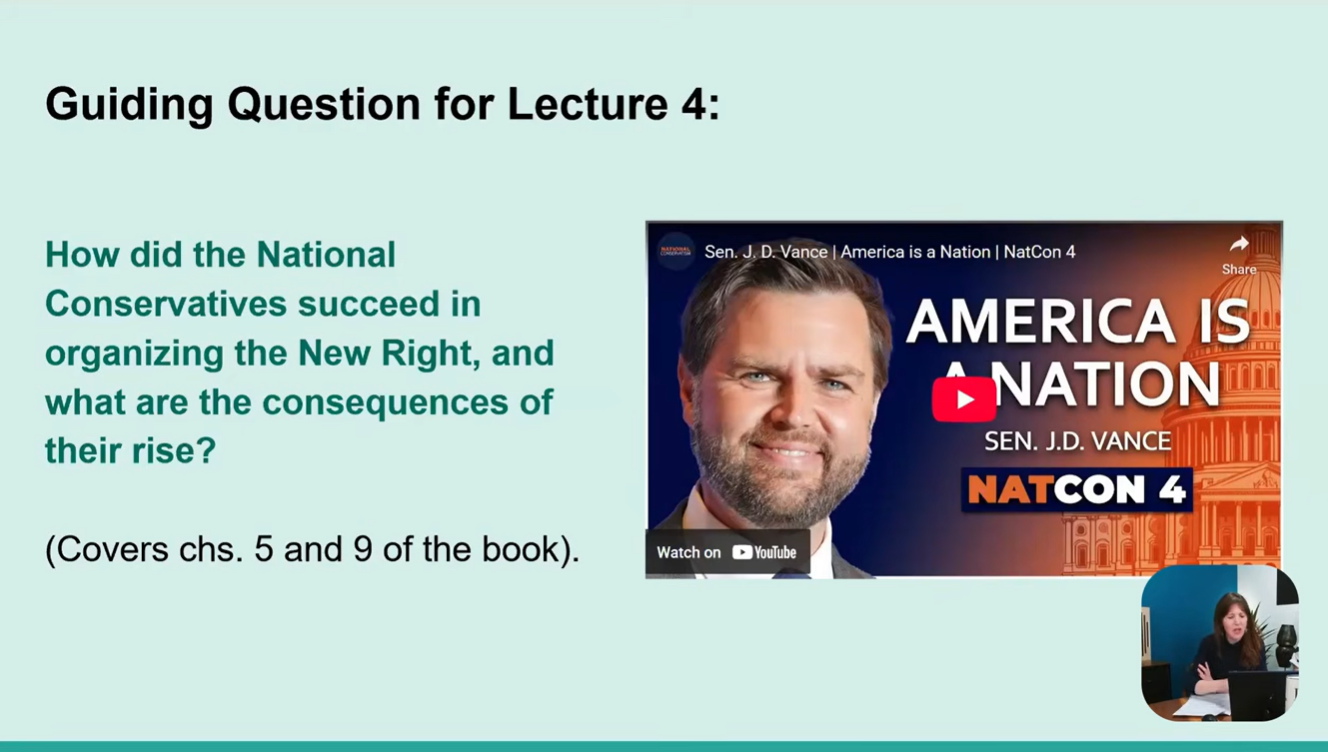The Week That Was: All of Lawfare in One Post
Cody Poplin posted the public remarks Military Commissions Chief Prosecutor Mark Martins released before the pre-trial hearings in the 9/11 case at Guantanamo Bay resumed. David Hopen continued Lawfare’s coverage of the hearings, filling us in on Wednesday’s proceedings.
Nora Ellingsen reported on a federal district court case in Eastern Virginia where another man was sentenced to prison for attempting to provide material support to the Islamic State.
Ryan Scoville considered how the recent findings from the South China Sea tribunal award could affect the ongoing dispute between Japan and China over the Senkaku Islands. Julian Ku noted how Washington’s attempts to isolate Beijing diplomatically over China’s refusal to recognize the UNCLOS arbitral award has floundered so far.
John Bellinger flagged two more treaties that the Senate approved by unanimous consent last week, thereby bringing the number of treaties signed during President Barack Obama’s two terms up to 15.
Jolyon Howorth traced the ebbs and flows of his native Britain’s relationship with the Old Continent.
Ammar Abdulhamid examined the differences between Arab and Turkish conceptions of nationalism that explain why the Turkish army’s coup attempt failed last weekend.
Kevin Cieply reviewed a book by William C. Banks and Stephen Dycus on the U.S. military’s own unique relationship to domestic politics.
Rishabh Bhandari and Yishai Schwartz reflected on the Iran nuclear deal and the ongoing challenges for Iran in the face of the United States’ still formidable sanctions regime.
Elizabeth McElvein highlighted the latest polls on national security and foreign affairs that will shape the 2016 presidential campaign.
Phil Walter offered a new lexicon to help us grapple with the new spate of extremist attacks that have hit Western cities such as Orlando, Nice, and Würzburg in recent weeks.
Quinta Jurecic dissected a new report on sextortion from researchers at the University of New Hampshire.
Jack Goldsmith shone a spotlight on Alex Loomis’ paper on whether Congress can define offences against the law of nations. Steve Vladeck echoed Jack’s praise before highlighting the analytical distinctions between Article I and Article III authority questions.
Robert Chesney announced a new Lawfare and University of Texas collaboration called “Beyond the Border,” a series that will focus on the complex array of contemporary security challenges that have beleaguered Mexico and Central America. Stephanie Leutert began the series by surveying the geopolitical landscape in Mexico and Central America and why most U.S. publications have failed to pay adequate attention to the region.
Quinta Jurecic posted the latest episode of the Lawfare Podcast, wherein Brookings senior fellow Will McCants discusses what we can learn about the Islamic State from the latest string of high-profile terrorist attacks in Europe.
Ryan Evans of War on the Rocks joined the Rational Security gang to discuss the terrorist attack in Nice, the failed coup in Turkey, and the 29 pages Congress declassified last week from a 9/11 inquiry in 2002.
Stewart Baker interviewed Jeremy and Ariel Rabkin in the newest episode of the Steptoe Cyberlaw Podcast.
And that was the week that was.





